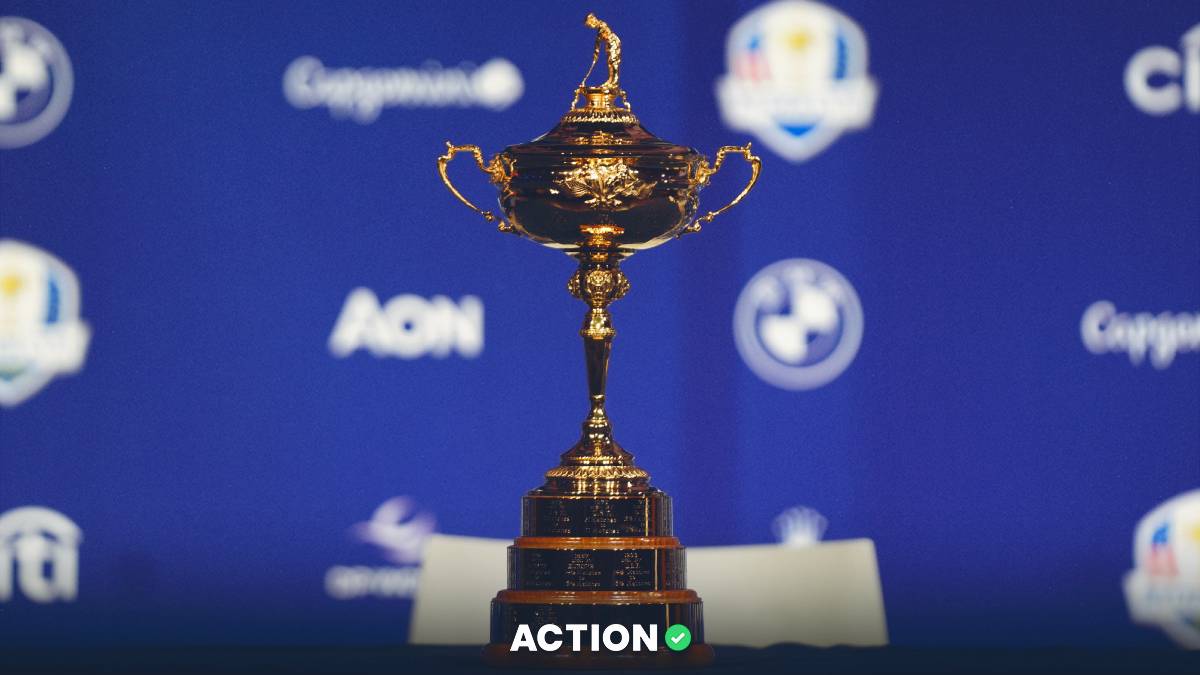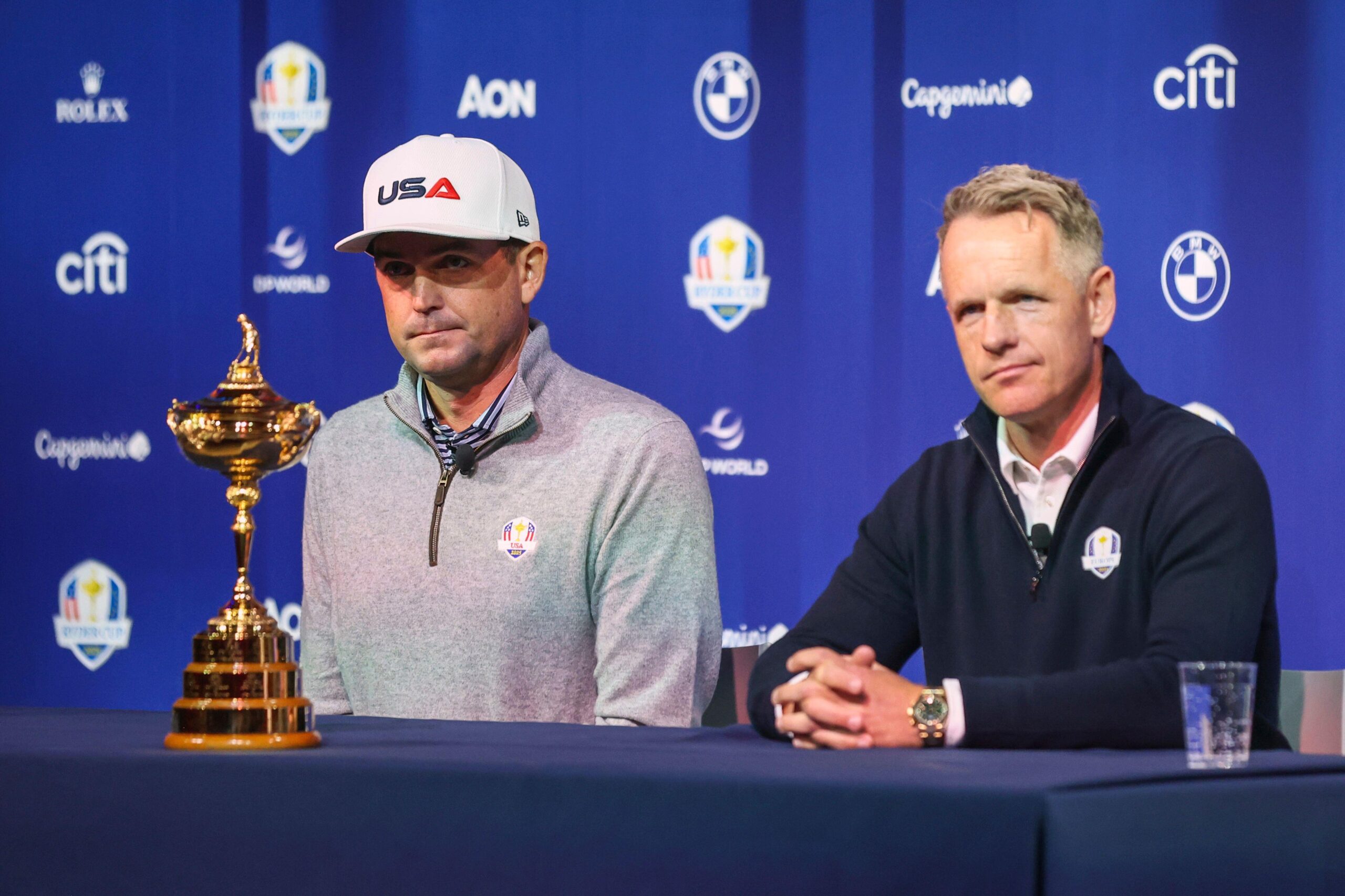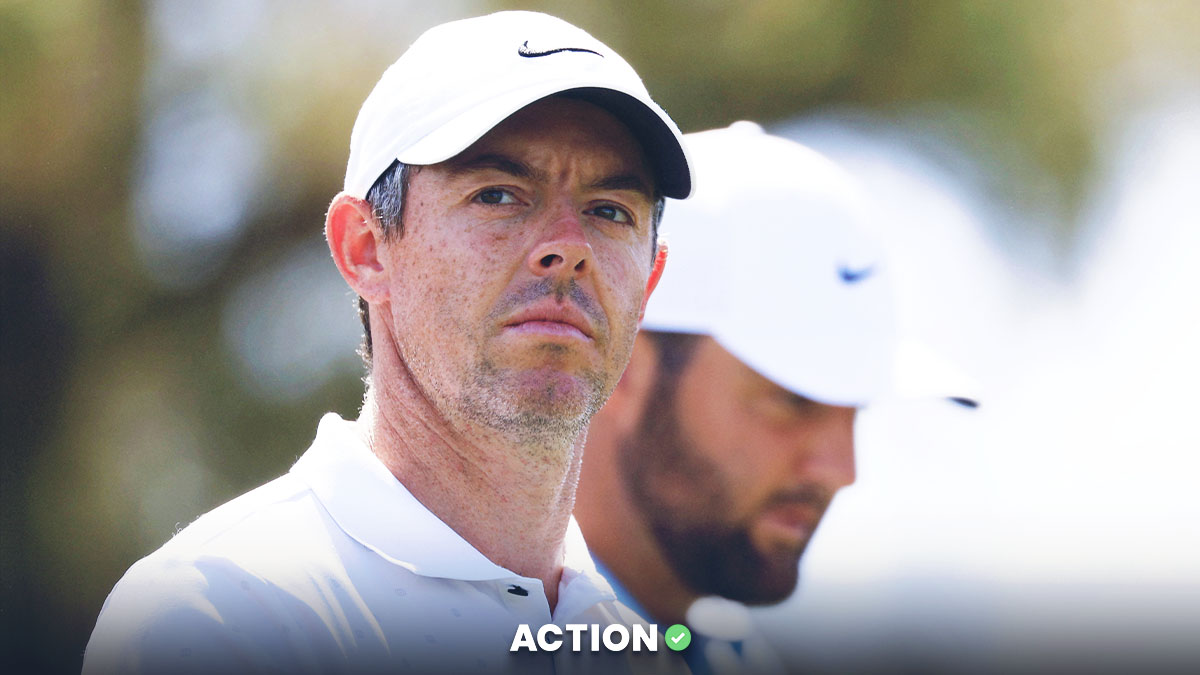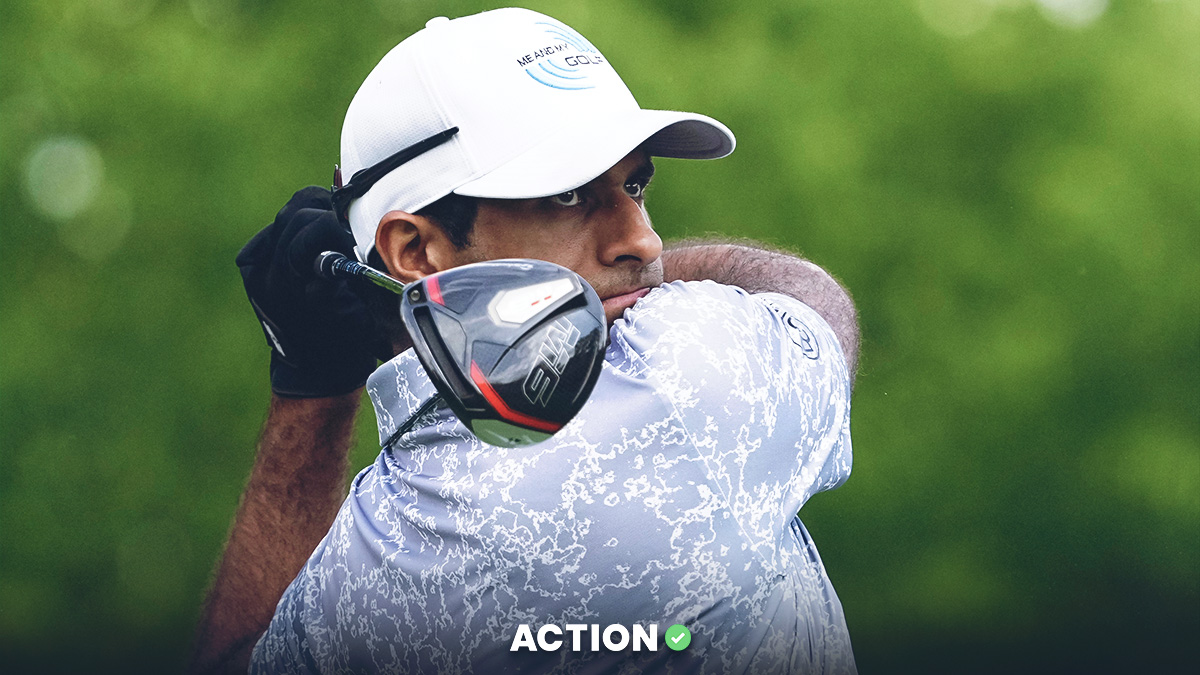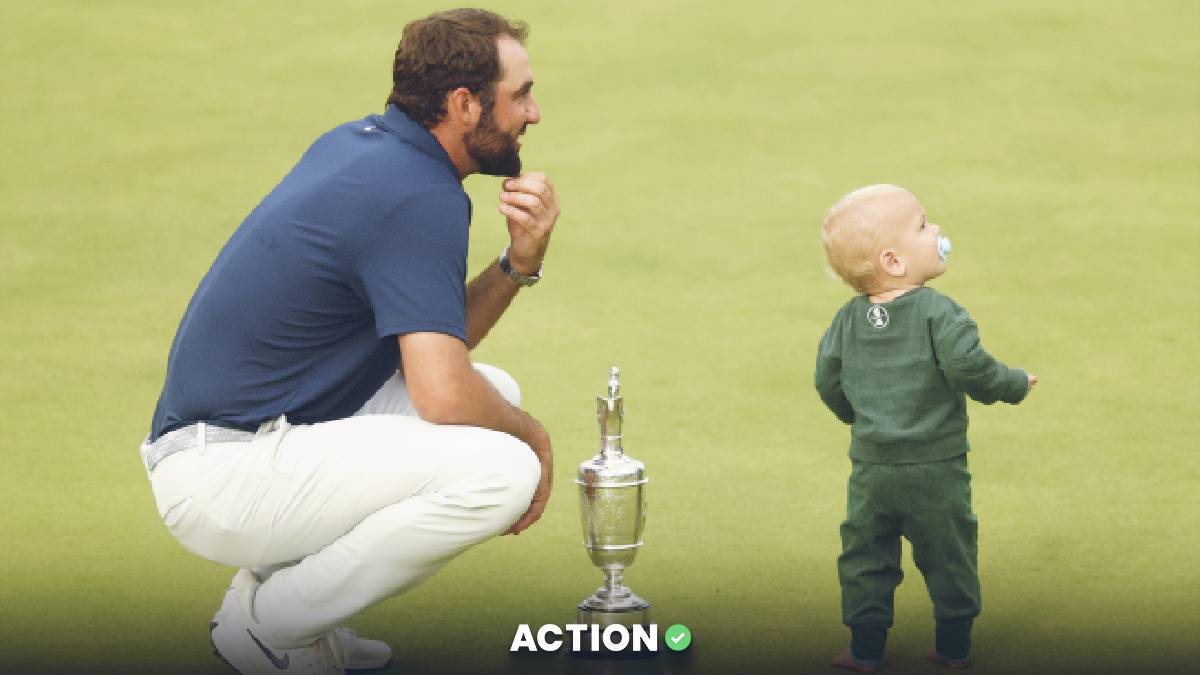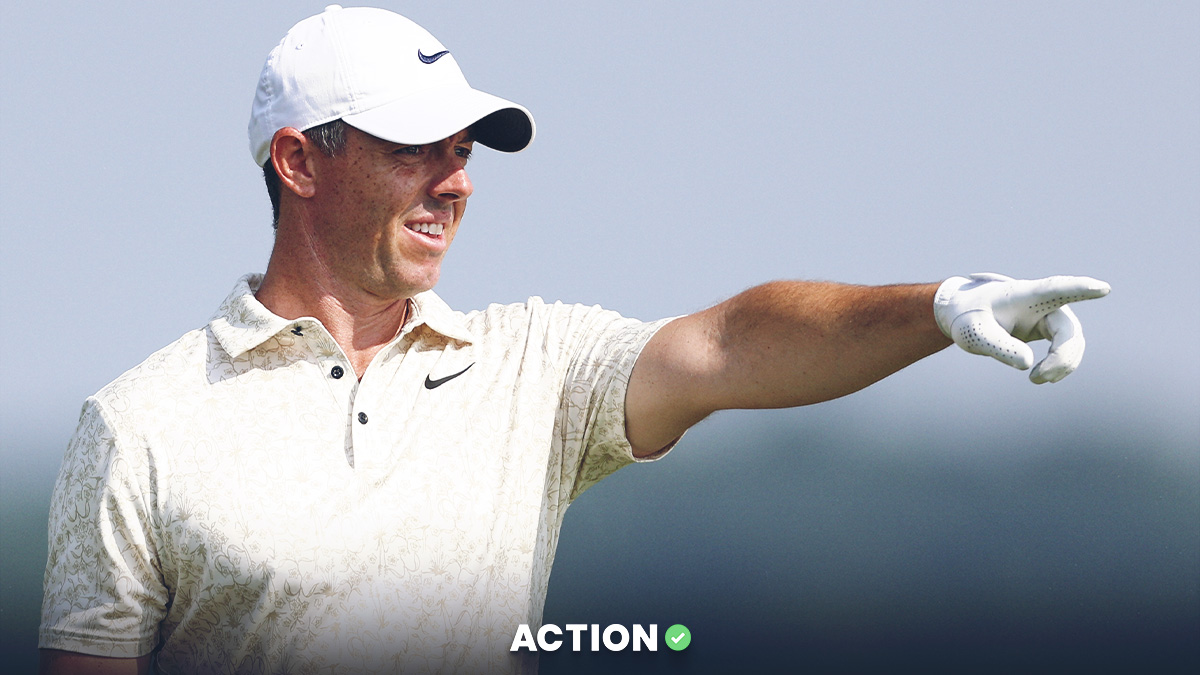JERSEY CITY, N.J. — On the eve of the FedEx Cup playoffs, as we're about to be inundated by myriad scenarios regarding specific players advancing or being eliminated, let's discuss one scenario the PGA Tour doesn't even want to consider.
The worst-case scenario.
One year ago, Tiger Woods posted rounds of 65-68-65-71 to win the Tour Championship, his first victory in more than a half-decade, a triumph celebrated by the thousands of fans who stalked him in Pied Piper fashion on the final hole and millions more watching worldwide. It was as storybook a finish to the season finale as any Ponte Vedra Beach exec could’ve blueprinted.
This year, there's a very real possibility that Woods, currently 28th on the points list, again reaches the field at East Lake Golf Club. And sure, there’s a possibility that the magic returns and he again posts the best four-day score.
This would, of course, be cause for more celebration, as he'd finally tie Sam Snead's all-time PGA Tour victory record of 82.
Except, maybe he wouldn't.
Under new rules implemented this season, the playoff finale will be a staggered scoring start, meaning the No. 1-ranked player will begin at 10-under for that tournament, No. 2 at 8-under, No. 3 at 7-under, down to Nos. 26-30, each of whom will start at even-par.
Let’s assume for a minute – since we’re already talking worst-case scenarios – that everyone’s ranking remains the same heading into the Tour Championship. That means Woods would trail Brooks Koepka by 10, Rory McIlroy by 8, Matt Kuchar by 7, and so on.
And yes, it could absolutely mean that Tiger posts the lowest four-round total, yet is denied his record-tying title. In fact, under this format, he would've lost last year by one stroke to Justin Rose.
No celebrations, no Pied Piper.
“Yeah, that's something we're going to all have to try and figure out,” he offered when I asked him about this scenario on Wednesday. “It's going to be different for all of us.”
Tiger might be voicing his best diplomacy about this new format, but the very real possibility exists that – even if it’s not the specific situation noted above – a player could post the best score and not win the tournament.
Of course, while incurring this potentially worst-case scenario, the PGA Tour rid itself of a previous one.
Last year, Rose failed to win any of the four playoff events, but still claimed the FedEx Cup trophy and its erstwhile $10 million first-place prize. OK, that’s not even the worst-case: A few years prior, it was entirely conceivable that Paul Casey could’ve finished in second place at the Tour Championship and won the Cup – without ever having a single victory that season.
There’s no right or wrong answer here, though the newest worst-case scenario feels more wrong than the previous one.
All of which underscores the real issue with trying to find the perfect solution: It doesn’t exist – even if they keep trying to find it.
“We are trying to make the system perfect,” continued Woods, who’s twice won the FedEx Cup. “We are trying to make it great for all of us. NASCAR didn't get it right the first time around. They made a few adjustments, and we're doing the same thing. This is no different. We are making slight adjustments. This year is going to be a challenge for all of us.”
The PGA Tour has composed player-friendly scenarios which work to the benefit of those competing. They’ve kicked around fan-friendly scenarios which work to the benefit of those watching.
If there’s a commendation to be offered here, it’s that at least the status quo hasn’t remained as the lone option.
“The way it was before,” Rory McIlroy explained, “if you're in the top-five, you controlled your own destiny: You win the tournament, you win the FedExCup, where that might not happen this time around. … But saying that, at least people know where they stand. You know, there's a lot of times where even when I was in contention to win, I didn't really know what [I needed]. It simplifies it. It simplifies it for us and we know where we stand, and it simplify it is for the people that are watching it on TV.”
There’s that diplomacy again.
Starting off players with a lead like they’re getting dots on the scorecard in a member-guest doesn’t seem like a simplified strategy – and it won’t be that way for bettors, either.
I asked Jeff Sherman, vice president of risk management for SuperBookUSA, how he’ll handle handicapping the season finale. He said pre-tournament odds will be determined based on players’ initial positions on the leaderboard, which means that – and this is me spit-balling here, not him – a guy like Koepka could not only start with a lead, but open as a legitimate 2-1 or 3-1 favorite against a field of 29 other top players.
It will all create some confusion, some bemoaning and plenty of debate.
“In a way, it's good,” McIlroy said. “But at the same time, someone in my position that's in that top-five, you knew what you needed to do. Where now, you're sort of depending on what other people do.”
And it could all lead to a worst-case scenario which seems so much worse than the previous worst-case scenario.


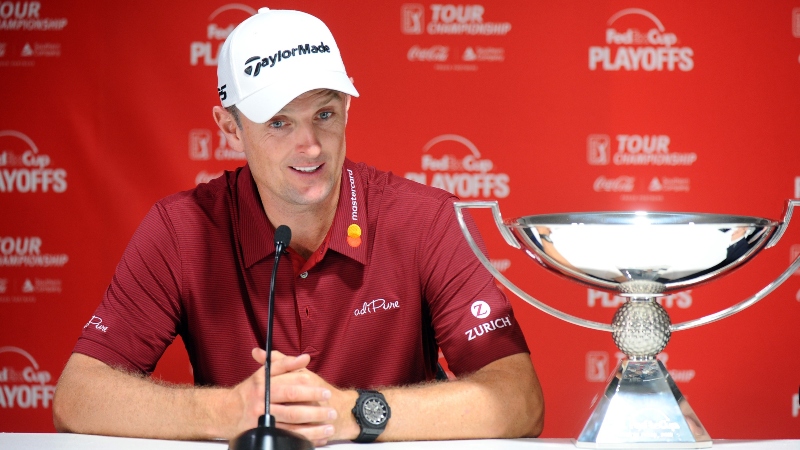
.png)




